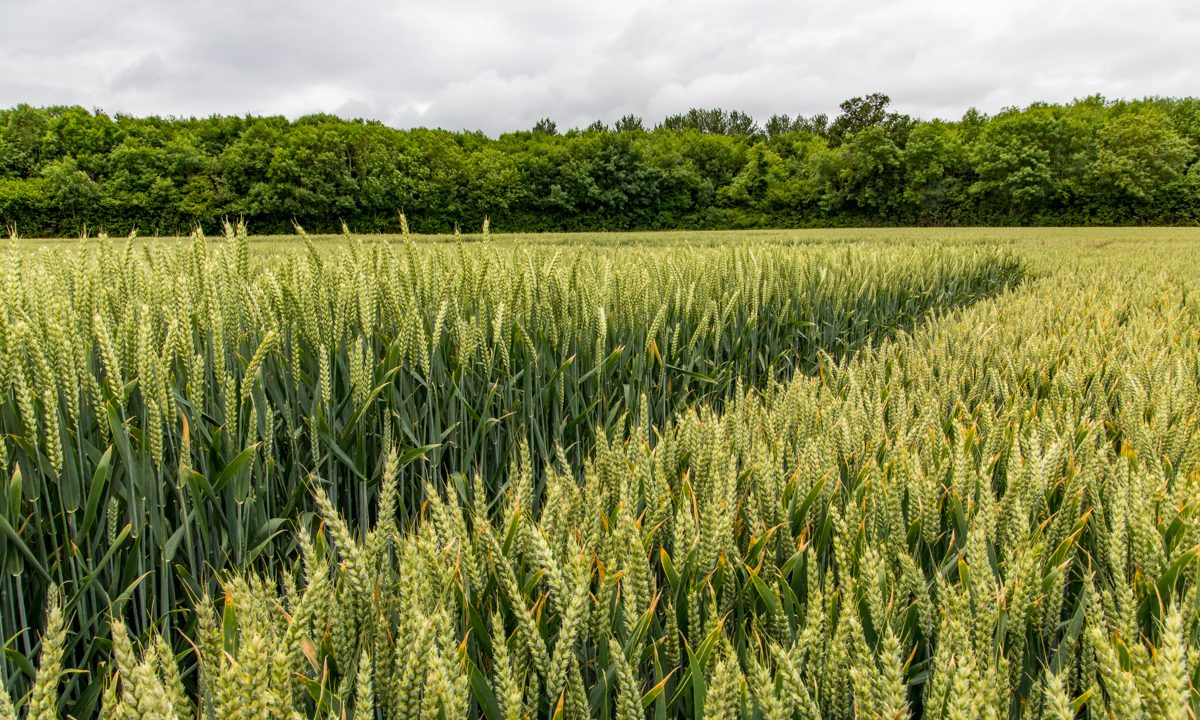The European Parliament has comfortably backed a resolution to make EU food production systems more independent.
The vote last Thursday (March 24) calls on the EU to diversify the sources of its food imports; boost the EU’s domestic agriculture production; and help farmers achieve this.
The parliament also officially backed a resolution to establish food corridors to and from Ukraine. The country continues to fight an invasion from Russia, which is having a serious impact on European food security.
The resolution was adopted by 413 votes in favour, 120 against and 49 abstentions.
The text calls for a “reboot” of the EU’s food production strategy.
MEPs say the Covid-19 pandemic and the war in Ukraine have made it apparent that the EU needs to reduce its dependence on imports from too few suppliers.
The resolution calls for a diversification of supply from third countries (non-EU countries) and demands, in the short term, that the European Commission assess how to “cushion the impact of high fertiliser prices on farmers”.
In order to reduce the dependence on fertiliser imports in the long term, the resolution proposes a shift to “organic sources of nutrients for agriculture and support for agricultural innovations”.
Given the disruption to agricultural imports, the resolution “demands domestic food production be increased”.
The text says that agricultural land “should only be used for the production of food and feed”.
“To address immediate needs, MEPs want it to be possible for farmers to use fallow land for the production of protein crops in 2022,” a statement from the parliament said.
This is in agreement with measures brought forward by the commission last week, which will widen the scope of crops that can be planted on fallow land for this year.
The resolution also calls on the commission to provide support for the “worst-affected sectors”, and to mobilise the EU’s crisis reserve of €479 million.
The vote also calls on the commission to allow member states to grant “broad, rapid and flexible” state aid to operators on the agricultural market.
